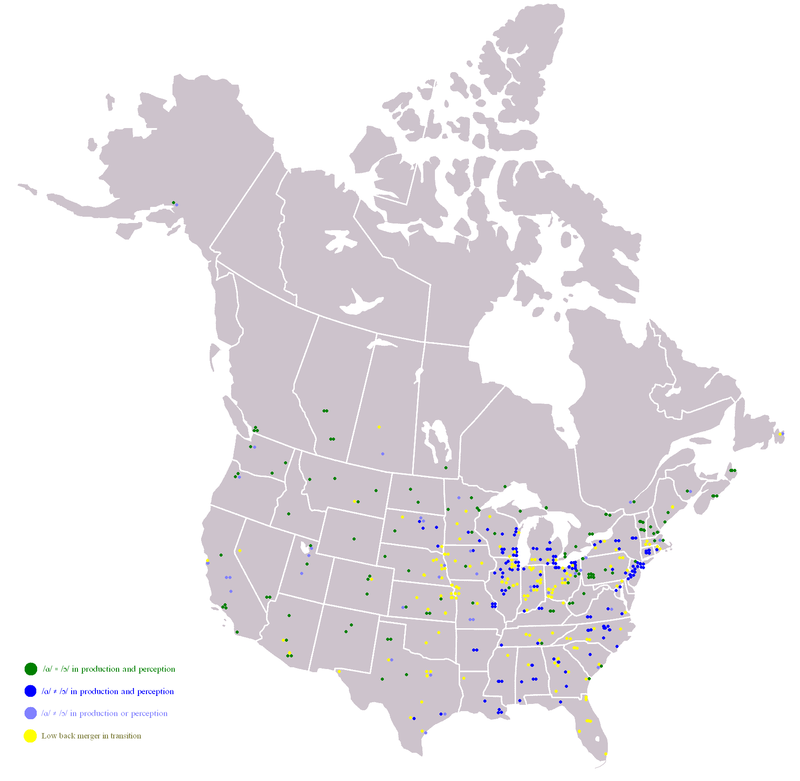djsander
Recycles dryer sheets
Here’s an interesting one that I learned from a speech pathologist.
Southern US including Texas will pronounce Pin and Pen the same.
Outside the South people will pronounce Cot And Caught the same.
I was born in the south, but moved when very young so I pronounce cot and caught the same but pin and pen differently. I even try to say cot and caught differently, but can’t seem to do it. Very strange.
Southern US including Texas will pronounce Pin and Pen the same.
Outside the South people will pronounce Cot And Caught the same.
I was born in the south, but moved when very young so I pronounce cot and caught the same but pin and pen differently. I even try to say cot and caught differently, but can’t seem to do it. Very strange.

